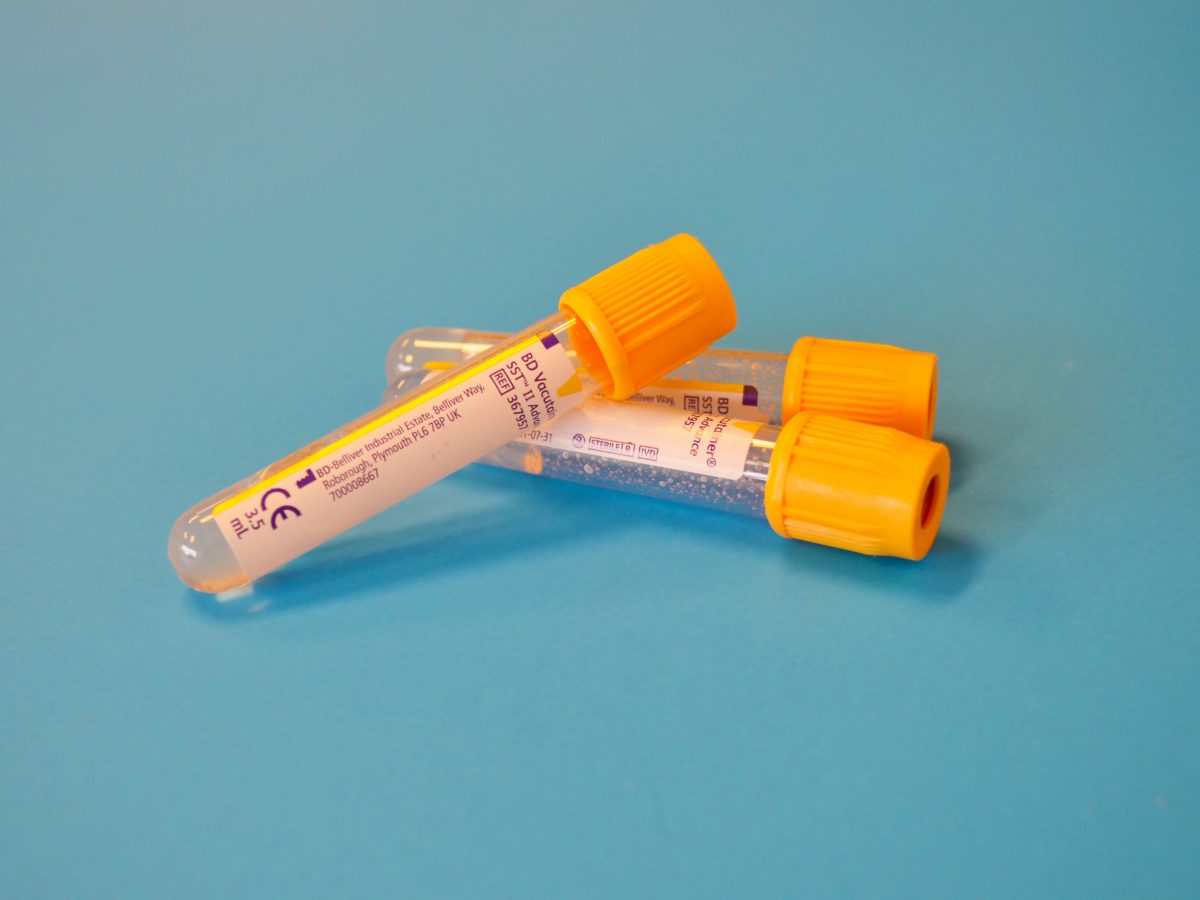HIV infections continue to grow in Memphis, prompting a closer look at not only new diagnoses but the livelihood of those currently living with the virus.
Shelby County has historically had one of the highest new infection rates for HIV. The Shelby County Health Department posted a notice on its website in May saying it had noted an “alarming increase in newly diagnosed cases of HIV in our community.) Officials said the highest increase affected people aged 14 to 45, and was not “spread evenly throughout the county.”
As the virus is no longer considered a “death sentence” by professionals, strides are being made to ensure that those living with HIV are able to have an enhanced quality of life in all areas, including housing.
The city’s Division of Housing and Community Development presented its Fiscal Year 2025 (FY25) grants back in July to nonprofit organizations in Memphis. According to information from the department, this funding was granted via the HCD Strategic Community Investment Fund (SCIF).
Close to $5.5 million was awarded to these organizations for community-based projects and initiatives through June 30, 2025. These grant awards included the Emergency Solutions Grant (ESG), HOME-Funded Tenant-Based Rental Assistance (HOME-TBRA), Neighborhood Partnership Grant (NPG), and Housing Opportunities for Persons with AIDS/HIV (HOPWA)
HOPWA grants totaled $3,755,700 with organizations Friends For All receiving $1.7 million, Hope House Day Care Center Inc receiving close to $1.6 million, and Case Management Inc. receiving $449,400.
Lenox Warren, CEO of Hope House, said out of all their programs, housing has the most “immediate and huge” impact for families, and funding from the city will help increase the amount of people they’re able to help.
The organization opened in 1995 and started as a day care center for mothers living with HIV who needed childcare, Warren said.
“It has quickly evolved into so much more,” Warren said. “We’re now a full-service, wrap-around organization that includes a variety of services including our housing program.”
In addition to adding mental health, education, prevention and outreach services Hope House has added housing aid in hopes of “breaking down barriers that come to living a healthy life with HIV” Warren said.
Warren noted that while HIV is classified as a “chronic disease” as opposed to a “death sentence,” it can be more difficult to manage while living in poverty.
“If you don’t know where you’re going to send your kids the next day, where y’all are going to sleep that night, or even how you’re going to eat so you can take your medications, that’s a really hard thing to figure out how to keep yourself healthy, while also surviving day-to-day.”
Yolanda Fant, housing supervisor for Hope House, said they are currently serving 74 clients, with six of those clients being added as a result of the city’s funding.
“It takes them from not being secure in where they’re going to be able to take care of their family, to knowing that they have secure housing,” Fant said. “That also helps them to take their medication and helps with viral suppression.”
Viral suppression refers to reducing the levels of the virus in the body so that it isn’t spreadable. Warren said their viral suppression rate among the people who use their services is 13 percent higher than the rate across the city.
Hope House’s goal is to help more people and to increase the city’s viral suppression rate, and said the funding from the city helps them meet their goal. Warren said they can’t do this work alone and there hasn’t been enough funding, so partnering with the City of Memphis has been “huge” for them.
Warren said they are always seeking funding from other sources as there is always a need for these services. They’ve historically had “hundreds” of people on their waitlist for their housing program, with Fant saying she turns “at least three people away” a day. Warren reiterated that they plan to expand these services with the help of their HOPWA grant.

